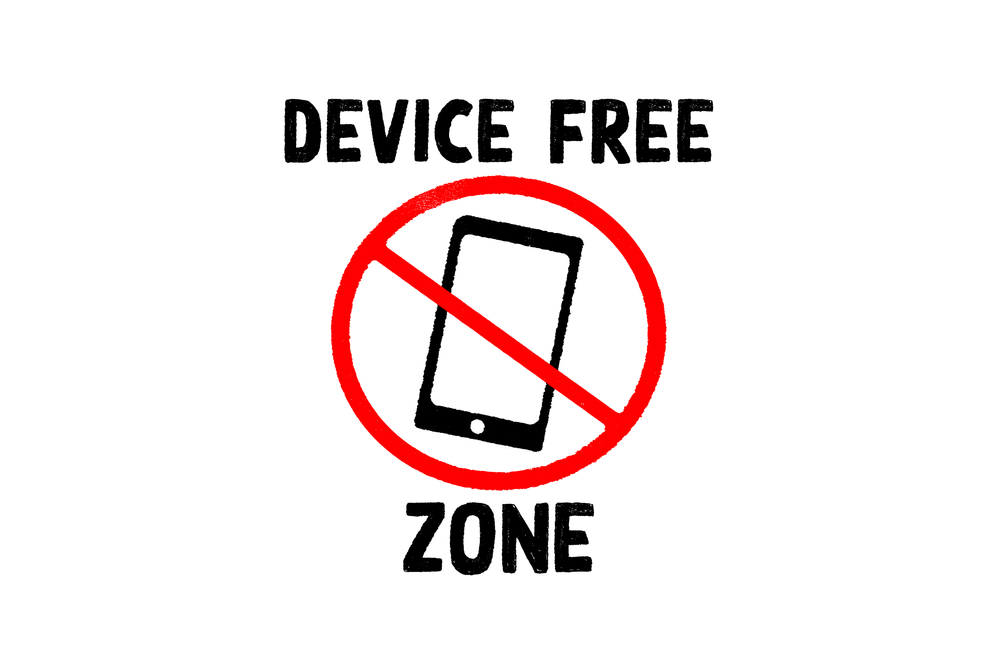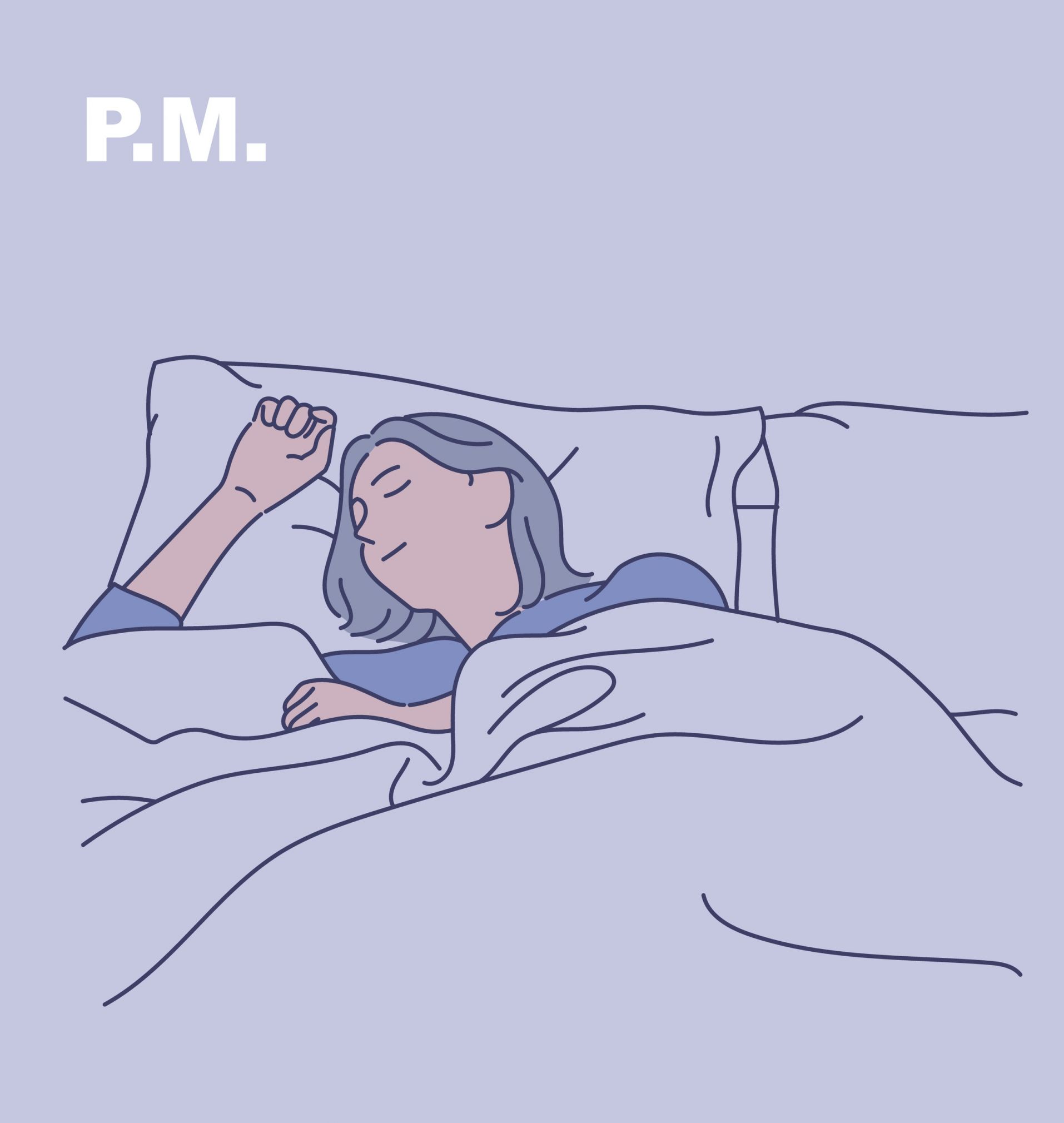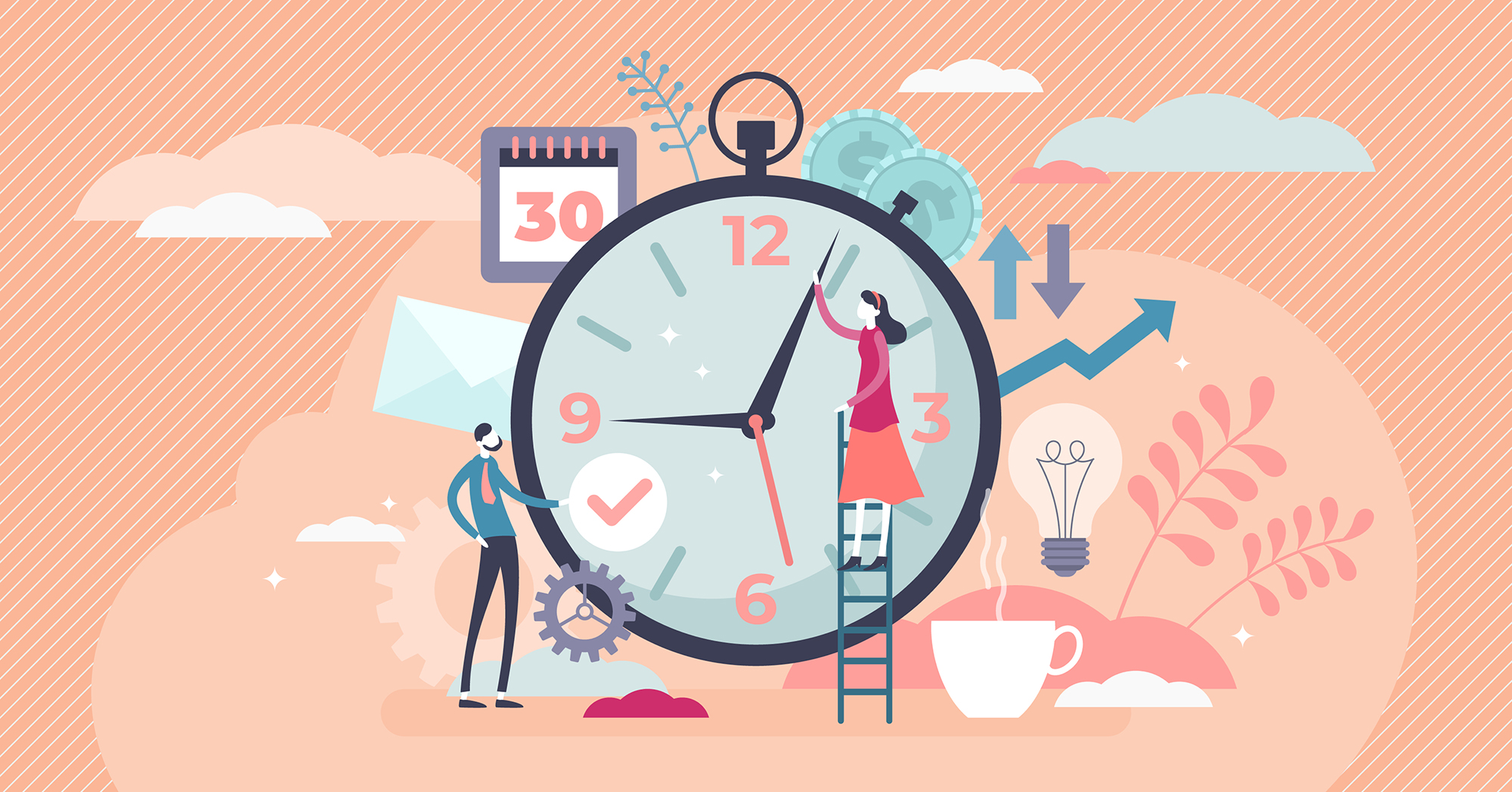For most Singaporeans, it will not come as a surprise that in a recent study conducted in 2020, Singapore has been ranked 41st out of 50 cities for work-life balance. The study found that Singaporeans spend a whopping 51.1 hours either working or commuting to work, and that 25% of our working population are over-worked.
Working too hard may lead to burnout and be detrimental to your mental health in the long run. While companies are starting to be more conscious of employee welfare and signs of burn-out, here are some tips to achieve a better work-life balance in the mean-time.
Be selective of how you spend your time at work
Time is your most valuable asset.
Your workplace pays you a salary for your time to complete key deliverables. Realising this is the crucial first step to being selective of how you spend your time and achieving better work-life balance.
When you are new at a company, you might be tempted to say “yes” to every project that comes along your way. However, this might prove counterproductive when you are stretched thin, and the quality of your work suffers.
Knowing when to say “no” allows you to focus on the most important tasks and shine where it really matters. It also ensures that you do not take on more than you can handle to prevent work from creeping into your personal time.
If you have difficulty saying “no” outright, start with a soft “no”. For example:
“I’m interested in taking on this new project. However, I already have projects A, B, C. Would you be able to help me prioritise?”
This reminds your boss of your current workload, while also demonstrating your interest in the work. Additionally, it gives you a peek into your boss’ priorities and the projects they are most concerned with. Definitely a win-win!
Set boundaries for personal and family time
Dealing with work coming in after hours
Modern technology has enabled 24/7 connectivity – for social and, unfortunately, work matters. Receiving lengthy emails at the dinner table is not unheard of and comes at the expense of family time. We may not be able to control when emails come in, but we can control our mindset and subsequent actions.

- Set rules for yourself on when the use of phones and electronic devices are out of bounds so that you can be truly present when spending time with your loved ones. To make it easier, leave your phone in a separate room so there is minimum temptation to look at it.
- Not every email requires immediate attention and should not need to take you away from what you had been doing. The next time you receive an email after office hours, take a step back and see if this reply can wait till tomorrow morning instead.
Dealing with work from home (WFH) arrangements
With actual work hours blurring due to WFH arrangements, sometimes, we just lose track of when to stop work. Establishing a clear boundary between work or play sends your brain has a clear signal for when it is time to stop work.
- Schedule something concrete to mark the end of the workday, such as taking a walk or an exercise session outside to disconnect from work or playing with the kids for 30 minutes.
Prioritise sleep

Just like how we treat our work seriously for eight hours a day, we should also give our sleep the same priority and attention. While it may be important for us to finish our daily tasks at work, it should not mean sacrificing sleep to do so.
A good night’s rest does wonders for both our mental and physical health, and allows us to do better at work the next day. To sleep well, we need to consider both the quantity and quality of sleep.
- Establish a fixed sleep schedule. This should be consistent daily, even on weekends. Doing this helps your body adapt to a routine, so that you can fall asleep more easily and wake up feeling more refreshed.
- Avoid stimulating drinks like coffee and alcohol before bedtime. Depending on how sensitive your body is to alcohol or coffee, you may have to abstain from it as early as noon (or even avoid it completely) to prevent it from disrupting your sleep.
If you’re struggling with stress due to your workload, you can speak to trusted mental health experts on the Doctor Anywhere app.







